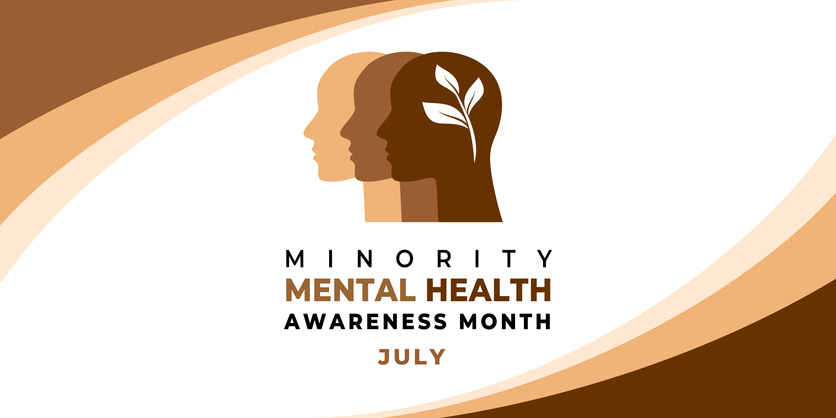Access to health care is a function of availability of services (personnel and supplies) and the ability to pay for those services. According to the US Office of Minority Health, racial and ethnic minorities often suffer from poor mental health outcomes due to the cultural stigma and lack of access to mental health care services.
Telehealth technology has fundamentally changed the delivery of health care – especially mental health care services. Behavioral Health Solutions (BHS) has embraced telehealth as one of the best tools available to meet the needs of underserved populations and rural communities. Via telehealth, BHS is able to connect patients and clients to psychiatrists, psychologists and mental health therapists so they can access the care they need.
Sydne Enlund, a Senior Policy, Health Workforce Specialist at the National Conference of State Legislatures, authored an article addressing the potential – and real – benefits of improving healthcare access via telehealth services.
With its potential to overcome workforce and access barriers, telehealth can reduce health disparities for aging and underserved populations, as well as reduce patients’ costs and burdens associated with lost work time, transportation and child care. Telehealth gives patients living in rural areas access to more providers and allows them to receive care in their own communities, instead of traveling long distances. For example, patients can engage in live video visits with providers for both acute and chronic issues.
Improved access can bring increased use of health care services. Most agree that the services provided using telehealth would be more appropriate and less costly (e.g., primary care visits are less expensive than emergency room care). A RAND study of direct-to-consumer telehealth found that it may increase access to care for some and may also increase use of services and health care spending.1
Throughout the month of July, the HHS Office of Minority Health (OMH) will focus on promoting tools and resources addressing the stigma about mental health, and barriers to mental health care services among racial and ethnic minority populations. OMH encourages state, tribal, and local leaders, community-based organizations, faith leaders, healthcare providers and individuals to educate communities regarding mental health stigma and access to care options.2
1 National Conference of state Legislatures (NCSL)Increasing Access to Health Care Through Telehealth
Sydne Enlund 5/30/2019


